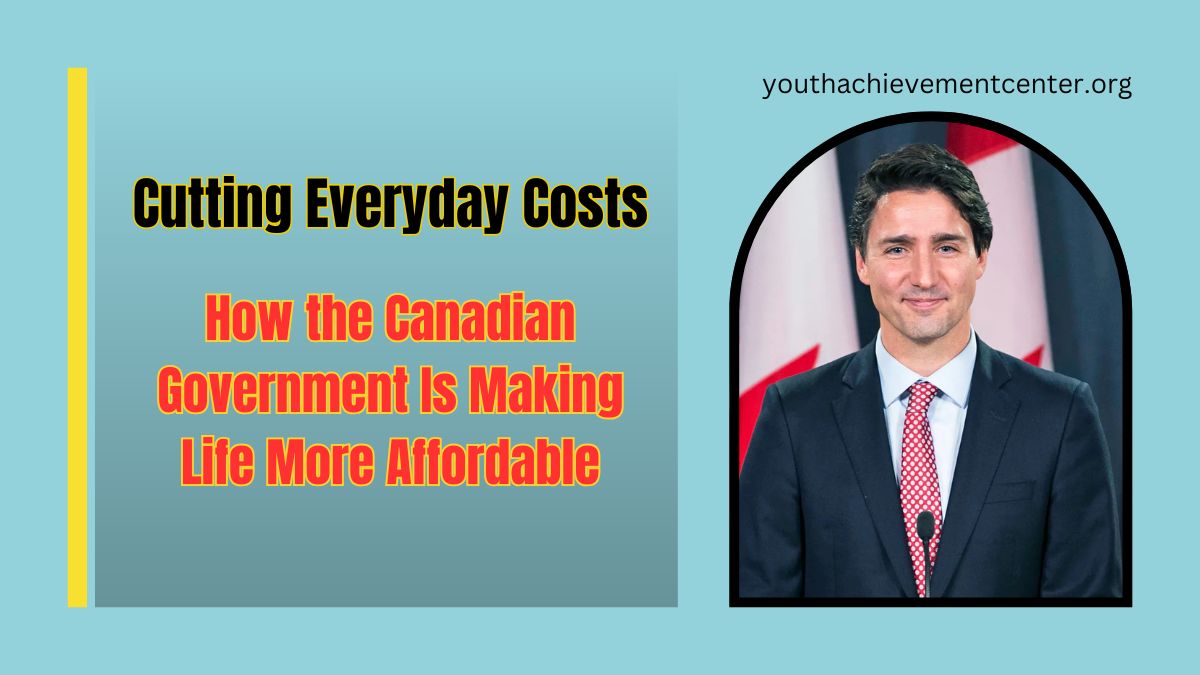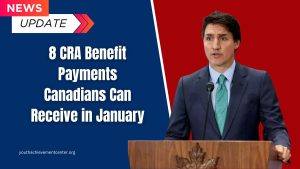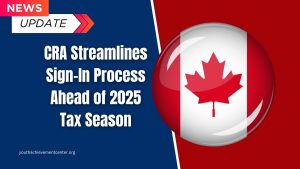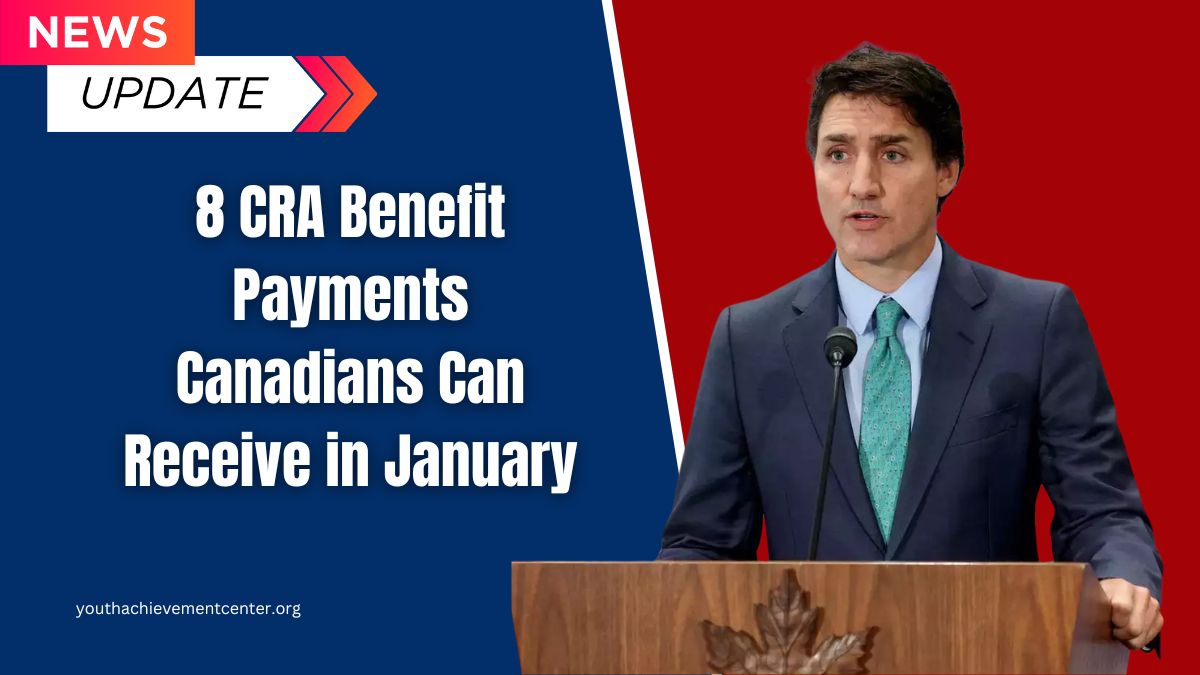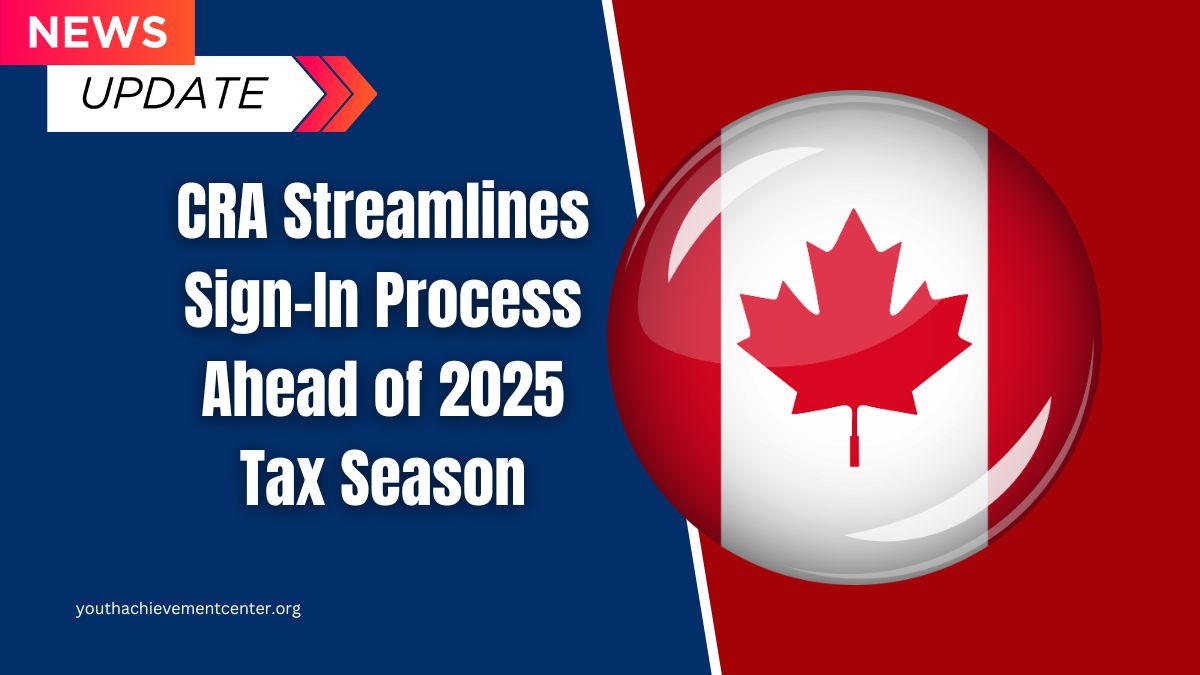In response to rising living costs, the Canadian government has introduced a series of measures aimed at alleviating financial pressures on citizens.
The 2024 Fall Economic Statement outlines strategies to reduce everyday expenses, enhance affordability, and support economic growth.
Temporary GST/HST Relief for Holiday Essentials
To provide immediate financial relief, the government has implemented a two-month Goods and Services Tax/Harmonized Sales Tax (GST/HST) exemption on holiday essentials.
This initiative, effective during the holiday season, covers items such as groceries, restaurant meals, beverages, snacks, children’s clothing, and gifts, offering Canadians savings during a financially demanding time.
$10-a-Day Child Care Program
The federal government’s Canada-wide $10-a-day child care system continues to support middle-class families by making child care more affordable.
This program is saving some families up to $14,300 per child annually and is on track to create 250,000 new spaces by 2026. This initiative also empowers more parents, especially mothers, to pursue careers.
Enhanced Canada Carbon Rebate with Rural Top-Ups
For the fiscal year 2024-25, the Canada Carbon Rebate provides up to $1,800 for an urban family of four. Recognizing the additional expenses faced by rural Canadians, the government offers a 20% rural top-up, amounting to an extra $360 for a rural family of four.
Starting next year, approximately 1.6 million more rural Canadians will be eligible for this top-up, addressing the higher travel and energy costs in smaller communities.
Strengthening Competition to Lower Prices
The government has enacted significant reforms to competition and anti-trust laws to combat anti-competitive mergers and practices that inflate consumer prices.
These measures aim to enhance market competition, particularly in the grocery sector, leading to lower prices and improved services for Canadians.
Consumer-Driven Banking and Afding and Debt Advisors
The 2024 Fall Economic Statement proposes measures to prohibit the sale of credit insurance products linked to payday loans and mandates a minimum term of 42 days for such loans, requiring lenders to accept installment payments.
Furthermore, stricter penalties will be imposed on unlicensed debt advisors who provide irresponsible financial advice, protecting vulnerable Canadians from predatory practices.
Automatic Tax Filing for Low-Income Canadians
To ensure eligible Canadians receive significant federal benefits, the government is developing a system that allows the Canada Revenue Agency to automatically file tax returns for certain lower-income individuals.
This initiative targets the nearly 20% of Canadians with incomes below $20,000 who do not file tax returns, helping them access the benefits they deserve.
Enhancements to Pensions and Disability Benefits
Effective January 1, 2025, improvements to the Canada Pension Plan include a larger Death Benefit for certain contributors, a partial children’s benefit for part-time students, and extended eligibility for the disabled contributor’s child’s benefit.
Additionally, the Canada Disability Benefit will be exempt from tax, ensuring recipients retain the full value of this support, aimed at reducing poverty among low-income, working-age individuals eligible for the Disability Tax Credit.
| Initiative | Details |
|---|---|
| GST/HST Holiday Exemption | Two-month tax break on holiday essentials during the festive season. |
| $10-a-Day Child Care | Affordable child care saving families up to $14,300 per child annually; 250,000 new spaces by 2026. |
| Canada Carbon Rebate | Up to $1,800 for urban families; additional 20% rural top-up for rural families. |
| Strengthened Competition Laws | Reforms to prevent anti-competitive mergers and practices, especially in the grocery sector. |
| Consumer-Driven Banking | Promotion of financial tools for budgeting and savings. |
| Affordable Bank Accounts | Modernized low-cost and no-cost accounts available at major banks by December 1, 2025. |
| Predatory Lending Regulations | Prohibition of certain credit insurance products; minimum loan terms and installment payments required. |
| Penalties for Unlicensed Debt Advisors | Stricter penalties to protect Canadians from irresponsible financial advice. |
| Automatic Tax Filing | Development of a system for automatic tax filing for low-income Canadians. |
| Pension Plan Enhancements | Improvements effective January 1, 2025, including larger Death Benefit and extended eligibility for children’s benefits. |
| Tax-Exempt Canada Disability Benefit | Exemption from tax to ensure full benefit value for recipients. |
What items are included in the GST/HST holiday exemption?
The exemption covers holiday essentials such as groceries, restaurant meals, beverages, snacks, children’s clothing, and gifts.
How can families access the $10-a-day child care program?
Families can contact their provincial or territorial child care authorities to learn about enrollment and available spaces.
Who qualifies for the Canada Carbon Rebate rural top-up?
Rural Canadians are eligible for the 20% rural top-up, recognizing their increased travel and energy expenses.

